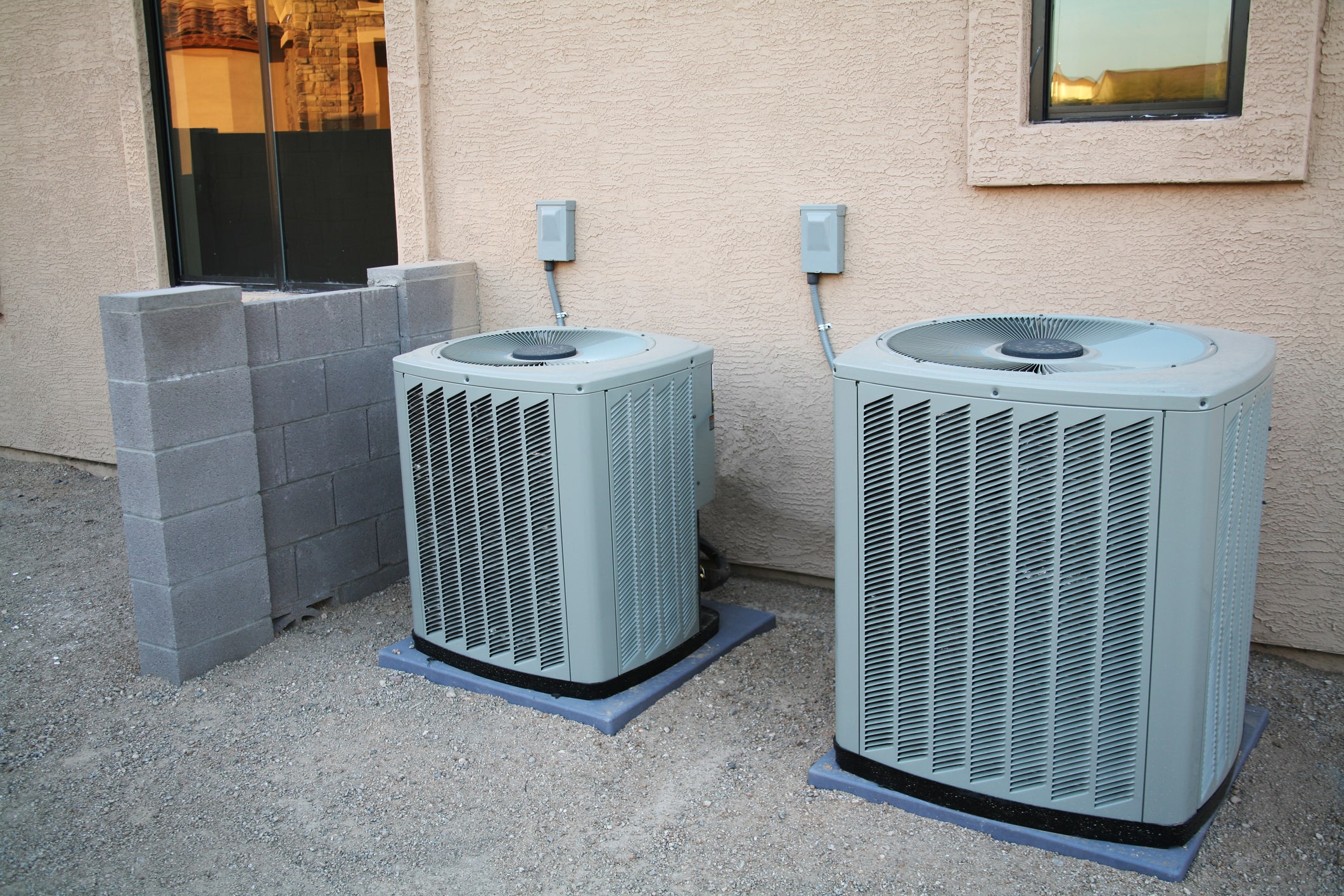Heat pumps are becoming an increasingly popular alternative to traditional furnaces and air conditioners in California. This is largely due to their energy efficiency and the financial benefits that they offer property owners.
If you’re curious about installing a heat pump in your home, check out some of the top questions we get asked about heat pumps below!
Do heat pumps heat air or cool air?
Heat pumps can do both. They are two-component systems that can be used in place of a traditional furnace and air conditioning unit. Using electricity and refrigerant, heat pumps transfer heat outside of your home to make it cooler and inside your home to make it warmer.
What benefits do heat pumps offer?
- Heat pumps are highly efficient. This is because they move heat, rather than produce it.
- You don’t need to manage two systems: you have one system for both heating and cooling.
- With heat pumps, there’s no safety risk of gas leaks, carbon monoxide leaks, or combustion issues.
- Heat pumps can help the environment. They don’t produce carbon emissions during the heating process the way a traditional furnace does.
- You have the option of installing a ductless system.
What power or fuel source do heat pumps use?
Heat pumps rely on electricity for power. How they obtain heat depends on the type of heat pump:
- Air-source (or air-to-air). These heat pumps extract heat from outdoor air to warm your indoor air. Conversely, they extract heat from indoor air to cool it and pump that heat outdoors.
- Water source. These heat pumps work a lot like air source heat pumps, except they extract heat from water that’s cycled through a system of pipes.
- Ground source (or geothermal). These heat pumps transfer heat to and from the ground, where temperatures tend to be more stable.
Air-source heat pumps are the most common in the U.S., as they are the most cost-effective to install and are compatible with just about any home.
Do heat pumps require air ducts?
Ductless air-source heat pumps (also known as ductless mini-splits) do not require homes to have ductwork. Each of these systems consists of an outdoor unit (or condenser) and one or more indoor units installed inside the home, usually up near the ceiling. These systems can be used to provide whole-home heating and cooling, or they can be used for added-on areas of a home where ductwork and vents aren’t available, such as a garage, home gym, workshop, etc.
How will a heat pump affect my energy bills?
When you switch from a traditional gas or oil furnace and air conditioning system to a heat pump, you will have a higher electricity bill during winter than you’re used to. This is because your heat pump will rely on electricity for heating and cooling.
However, you will no longer have heating costs associated with gas or oil. You can also save significantly on cooling costs during summer due to heat pumps’ high efficiency. If you’ve installed a ductless mini-split, you can save even more money on cooling costs due to the absence of ductwork leaks.
Can a heat pump really keep my house warm during winter?
In regions with milder climates, like California, heat pumps can perform just fine as a home’s sole heat source the entire winter. In much colder areas of the U.S., such as the Midwest or New England, homes may need a backup heat source for extremely cold, sub-zero-temperature days or extended periods of freezing weather.
Heat Pump Services In Bakersfield, Fresno, and Visalia
Whether you need heat pump repair or installation services, our Central California HVAC experts at Monarch Home Services are ready to assist. Call us today at (661) 452-8707 or contact us online!


